Why Hanukkah Still Matters

Edgar M. Bronfman
Why Hanukkah Still Matters
American Jews are well acquainted with the "December dilemma": how should Jews celebrate Hanukkah when most of the country is celebrating Christmas? When I was a child, my parents resolved that dilemma by steadfastly refusing to get a Christmas tree, even though my siblings and I continually pestered them about it. Less well known is the relevance of Hanukkah to contemporary debates. A look at the texts of the holiday reveals its roots in conflicts within the Jewish community over questions of assimilation, zealotry, and religious survival.
Here is the story of Hanukkah as it is taught to Jewish children: The Syrian king Antiochus demanded that the Jews in his dominion abandon their religion and worship the Greek gods. A small band of rebels, heroically led by Judah Maccabee, rose up against Antiochus's army and, against all odds, were victorious. They returned to the Temple in Jerusalem to find it desecrated, a pagan idol installed there. The holy lights were out, and there was only enough oil to last for one day. Then the miracle: the flame stayed lit for eight days, until new oil was found.
Most of this story is drawn from Maccabees I, a scriptural text that is not included in the Hebrew Bible. What is usually left out in retelling is the account of the Hellenized Jews, or those who took on the ways of the Greeks:
In those days lawless men came forth from Israel, and misled many, saying, "Let us go and make a covenant with the Gentiles round about us, for since we separated from them many evils have come upon us." This proposal pleased them, and some of the people eagerly went to the king. He authorized them to observe the ordinances of the Gentiles. So they built a gymnasium in Jerusalem, according to Gentile custom, and removed the marks of circumcision, and abandoned the holy covenant.

It is easy to imagine how Greek politics, philosophy, art, and athletics appealed to the Hellenized Jews, who came from the educated elite. In making their "covenant" with the Gentiles, they gained entrée into the sophisticated culture of the day and reaped economic and political benefits--as well as gym membership.
The Maccabees represented those who held fast to the traditional faith and who, because of their social class, were excluded from the benefits of Greek democracy. The Maccabee-led resistance was as much against the Hellenized Jews as it was against the Syrian Greeks. When Mattathias, the patriarch of the Maccabees, saw a Jew about to offer pagan sacrifice: "He gave vent to righteous anger; he ran and killed him upon the altar." The Maccabees and their followers were zealots, and it was their zealotry that gave them the courage to keep their faith alive.
There is no oil that lasted eight days in the Maccabees text. This story first appeared in the Talmud, which interprets the Bible, and which was written by the rabbis who lived in Babylon after the destruction of the Second Temple in Jerusalem. The rabbis were uncomfortable with the story of Maccabees, and barely mention it. They did not want to encourage Jews to fight for political independence. Instead, they aimed to create a Jewish practice that could flourish in exile, one that centered on study rather than sacrifice, on the home rather than the Temple.
The Jews have long been known as the people of the book, and how Jews respond to Jewish texts has a lot to say about where they are as a people. In Israel, the Maccabees' armed struggle against a powerful enemy resonates with the history of the contemporary Jewish state. For Jews in America, the story of the Maccabees is often portrayed as a struggle for freedom of religion. Usually ignored are the troublesome conflicts pitting Jew against Jew and the questions the story raises about zealotry and assimilation.
There is another way the Hanukkah story is sometimes presented in an analysis of contemporary Judaism. In this account, the majority of American Jews are assimilationists, modern-day Hellenists, who are content to let Jewish practice merge into the general culture. The testament to this is the way Hanukkah is celebrated as a poor imitation of Christmas (though it must be admitted that the Hanukkah bush and Hanukkah Harry never took off). The contemporary American Maccabees are represented by the ultra-Orthodox, who hold fast to Jewish law and traditions and keep themselves separate from the larger society. It is through them, some speculate, that American Judaism will be carried forward. The other Jews simply do not possess the will to sustain Jewish practice across the generations. This is evident, the argument continues, in the high rates of intermarriage among assimilated American Jews, and the low birth rates.
This is a story I refuse to accept. Religious zealotry, the source of so much hatred and violence today, is the last thing Jews should encourage. It is true that American Jews face a grave decline in their numbers. This is the result of the particular American situation. When the great mass of Jews came to this country, they came in search of a better life, not to be better Jews. They didn't worry about whether their children would remain Jewish--they assumed that the "others" would always ensure that Jews knew they were Jews. The welcome and prosperity that Jews have found has exceeded the dearest hopes of our immigrant forbears. It has also meant that, with little understanding of their tradition, many Jews have let Jewish practice and culture slip away.
But the success and confidence of "assimilated" American Jews is also what makes them capable of creating a new kind of Judaism, one that may grow and thrive with freedom. The interest is there, among both in-married and intermarried families, but the knowledge is lacking. Jewish education must replace the fight against anti-Semitism as the focus of Jewish communal life. American Jews have the opportunity to create a Jewish practice that is based not in fear but in hope. And hope, after all, is the theme that runs so powerfully through both the Maccabees' story of triumph against all odds and the rabbis' story of the lasting power of a single flame.
The first step toward carrying on Judaism is to begin learning. American Jews should not let Christmas define Hanukkah--they should define it for themselves, based on knowledge of its multi-layered texts and traditions. I am convinced that Judaism still has much to offer to the world, with its spirit of questioning, its focus on living ethically, its communal ethos. And there may be a message for the world in the Hanukkah story. If the Maccabees had not been victorious, would monotheism have survived? Would Christianity or Islam ever have come into being? Perhaps the Hanukkah story should be cause for celebration outside the Jewish community as well as within.
Edgar M. Bronfman is a leading philanthropist and chairman of the Board of Governors of Hillel: The Foundation for Jewish Campus Life. He is the former CEO of the Seagram Company Ltd and the former president of the World Jewish Congress. He is the author, with Beth Zasloff, of Hope, Not Fear: A Path to Jewish Renaissance.
Washington Post - Faith Blogs


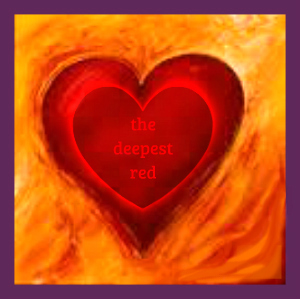
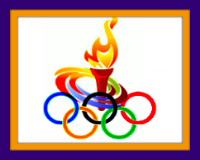






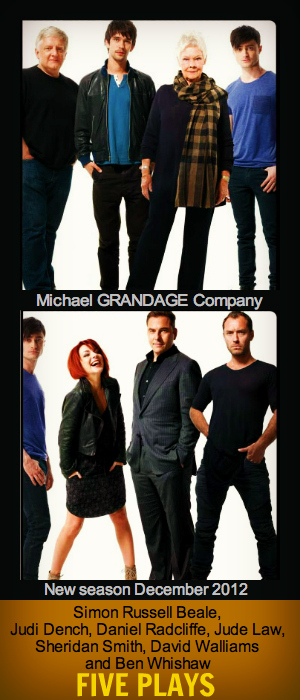





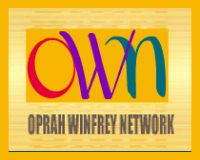
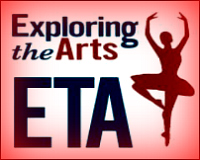




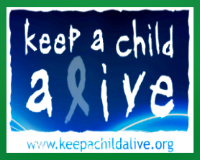



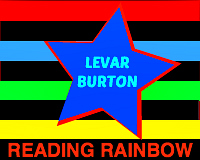



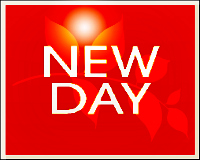
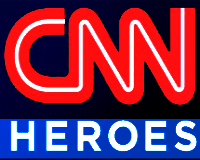

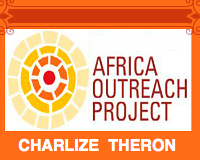
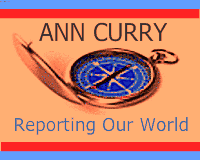

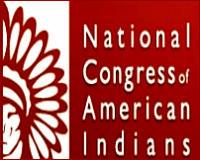


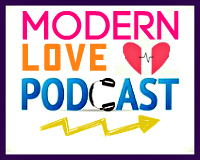
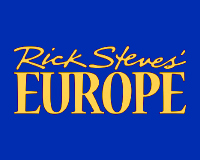
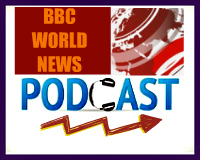

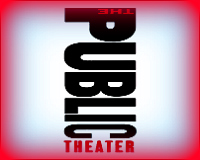
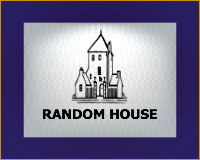





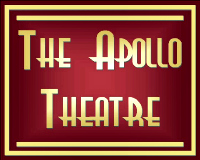
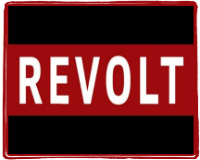
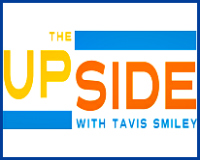










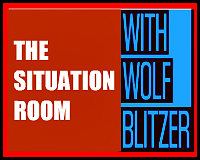

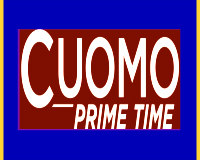


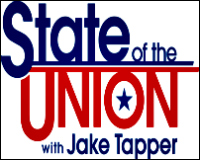


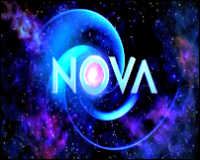
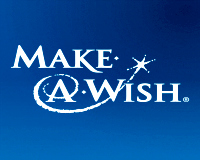














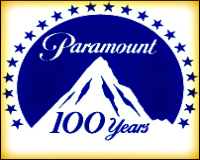








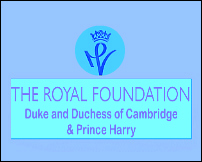
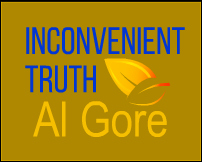
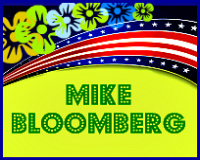
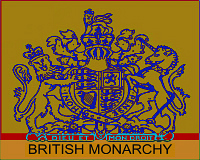



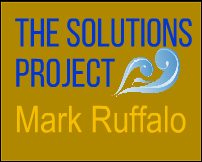

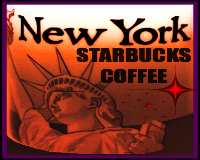

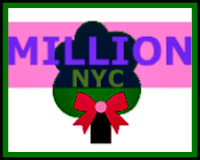





































































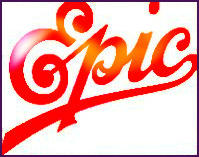
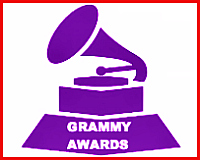
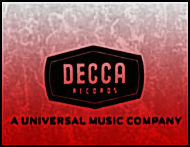


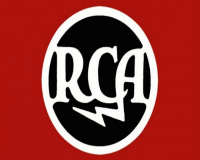
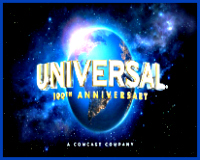


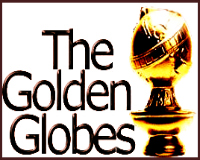




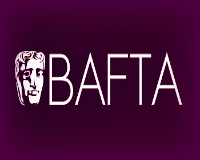


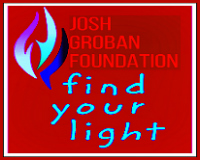





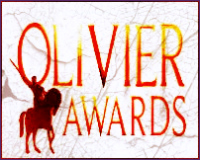









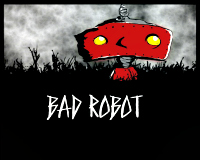





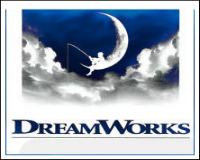
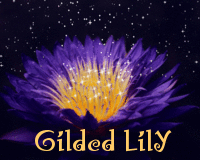
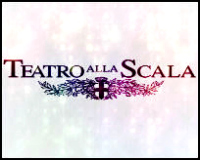
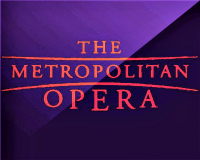
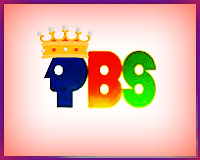

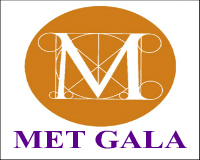

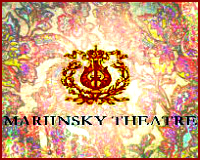
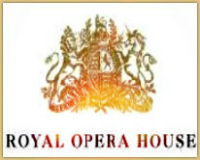



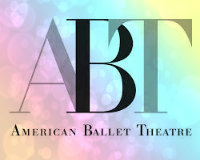
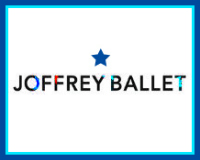





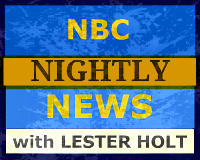
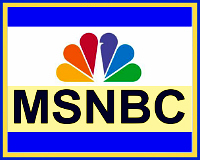
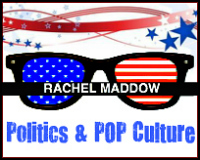

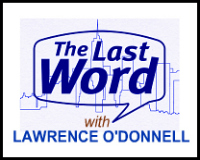
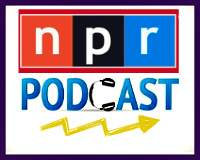



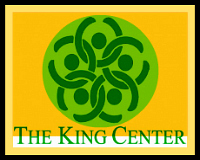
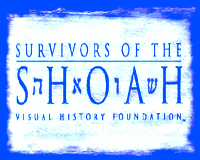

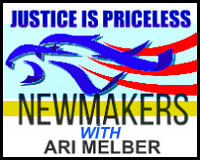
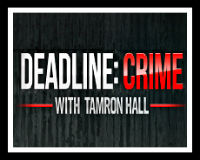
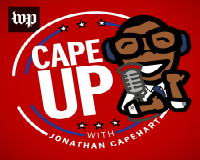
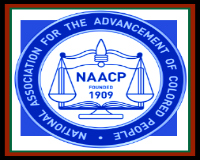


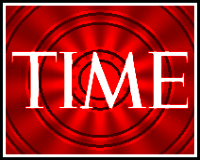


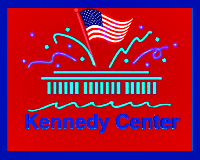
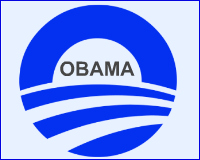
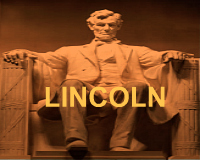
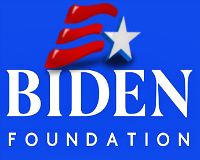
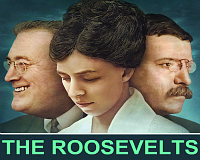
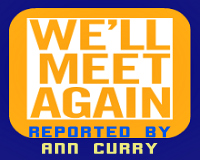
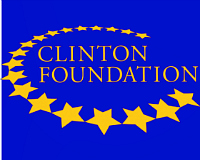
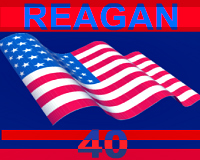




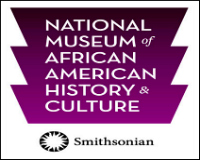
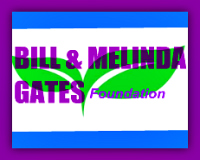
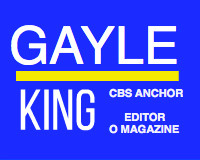


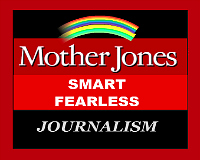
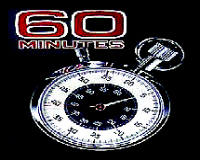



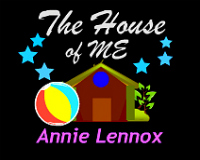
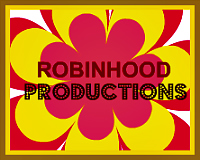



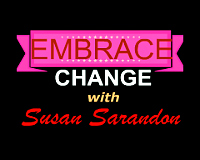
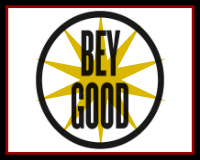
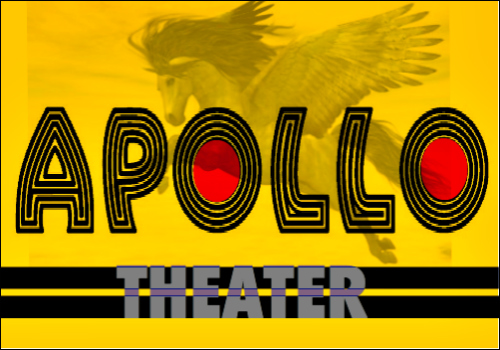
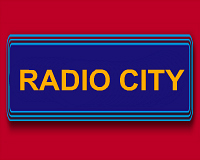



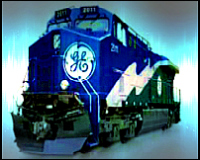

































































 Wednesday, December 26, 2012 at 05:53PM
Wednesday, December 26, 2012 at 05:53PM
Reader Comments